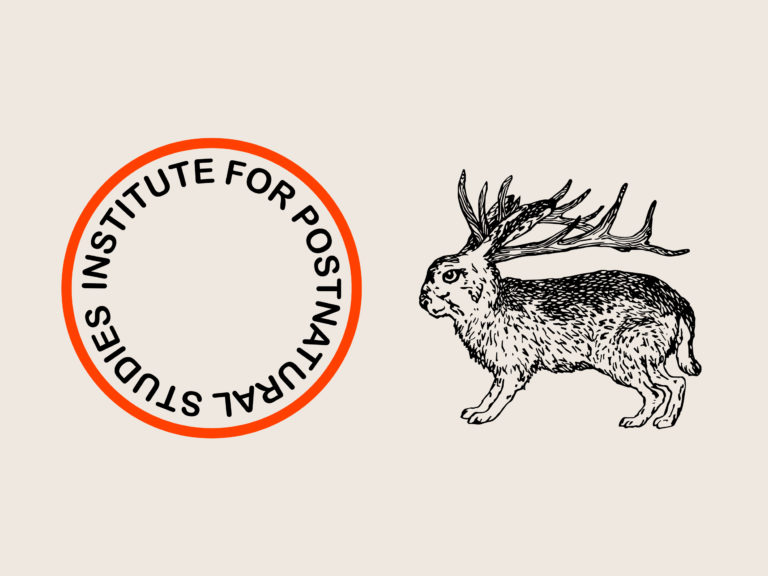Institute of Postnatural Studies
Pimoa Cthulhu: Residency
As part of the inauguration of the Institute of Postnatural Studies we are launching, in collaboration with This is Jackalope the first open call for the Pimoa Cthulhu residency, aimed at thinkers, researchers, writers and artists.
The Institute for Postnatural Studies is a center for artistic experimentation from which to explore and problematize postnature as a framework for contemporary creation. Founded in 2020, it is proposed as a platform for critical thinking; a networked place that brings together artists and researchers concerned with the issues of the global ecological crisis, through experimental formats of exchange and open knowledge production.
For this first open call, and due to the current exceptional circumstance, a work space is not offered at the Institute’s headquarters, but will be carried out telematically during the months of May and June. The selected person will have free attendance to the seminar PostNature and Contemporary Creation, as well as access to the virtual library and the accompaniment of their work process by our team. In addition, they will be able to participate in the Institute’s programme of activities.
As a final result of the residency, the text will be published (in both Spanish and English and under a creative commons license) in issue #3 of the print publication This is Jackalope.
“My first demon familiar in this task will be a spider, Pimoa cthulhu, who lives under the stumps in the
redwood forests of Sonoma and Mendocino Counties, near where I live in North Central California.
Nobody lives everywhere; everybody lives somewhere. Nothing is connected to something; everything is connected to something. This spider is in place, has a place, and yet is named for intriguing travels elsewhere. This spider will help me with returns, and with roots and routes. The eight-legged tentacular arachnid that I appeal to gets her generic name from the language of the Goshute people of Utah and her specific name from denizens of the depths, from the abyssal and elemental entities, called chthnoic. The chthonic powers of Terra infuse its tissues everywhere, despite the civilizing efforts of the agents of
sky gods to astralize them and set up chief Singletons and their tame committees of multiples or subgods, the One and the Many. Making a small change in the biologist’s taxonomic spelling, from cthulhu to chthulu, with renamed Pimoa chthulu I propose a name for an elsewhere and elsewhen that was, still is, and might yet be: the Chthulucene. I remember that tentacle comes from the Laatin tantaculum, meaning “feeler,” and tentare, meaning “to feel” and “to try”; and I know that my leggy spider has many-armed allies. Myriad tentacles will be needed to tell the story of the Chthulucene.” “The tentacular are not disembodied figures; they are cnidarians, spiders, fingery beings like humans and racoons, squid, jellyfish, neural extravaganzas, fibrous entities, flagellated beings, myofibril, braids, matted and felted microbial and fungal tangles, probing creepers, swelling roots, reaching and climbing tendrilled ones. The tentacular are also nets and networks, it critters, in and out of clouds. Tentacularity is about life lived along lines – and such a wealth of lines – not at points, not in spheres.”
Donna Haraway. Tentacular Thinking: Anthropocene, Capitalocene, Chthulucene
︎DOWNLOAD OPEN CALL DETAILS ENG)
More info: www.instituteforpostnaturalstudies.org